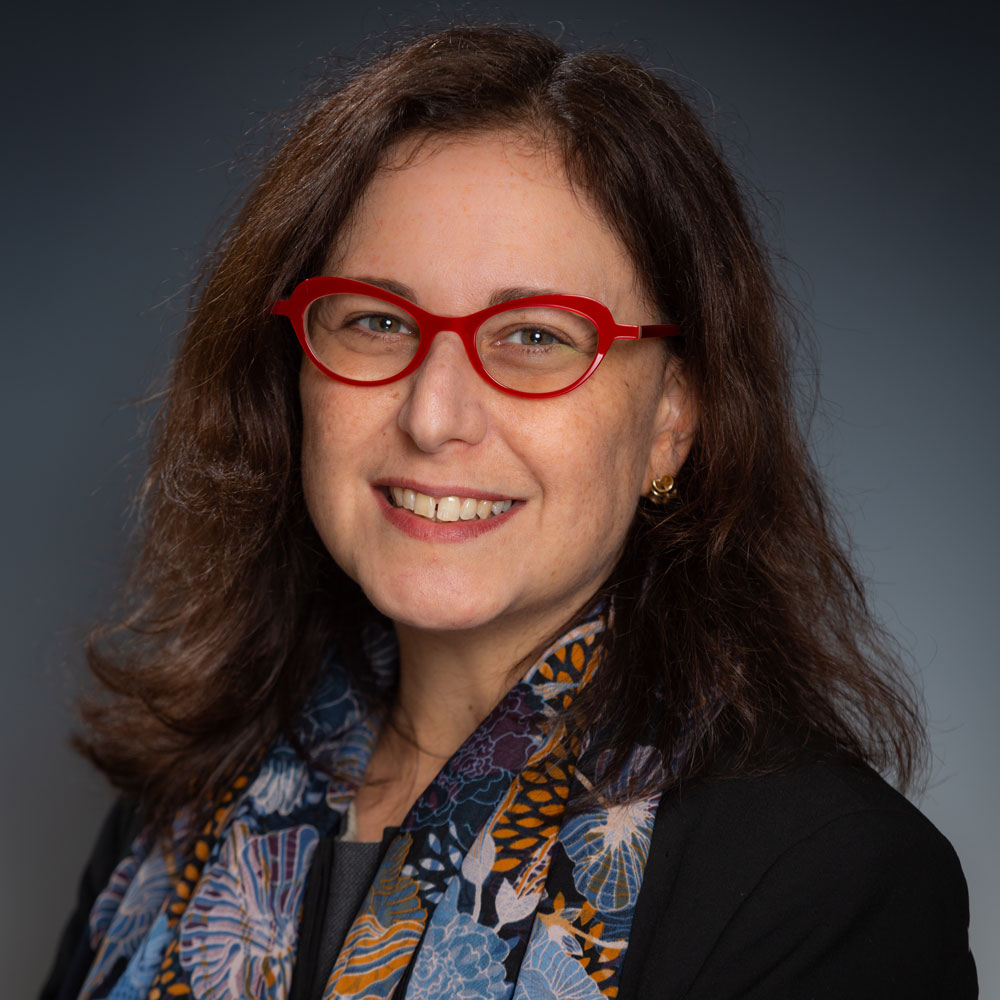
“The toughest assignment for city schools is the one our school system is given by the state’s constitution: to educate every child. In New York City, that means preparing more than 1 million students to meet their full potential—while taking into account profound differences in income, race, ethnicity, disability, and English proficiency.
The constitution, however, does not say how educators can accomplish the task or how to pay for it. It is no wonder the city has struggled for decades to educate students, particularly those with the greatest challenges.
The overall school system has made progress on attendance and graduation rates, but those successes gloss over the differences among schools.
In schools with high rates of poverty, students are more likely to have disabilities, speak a language other than English at home, or face homelessness. These schools tend to have the weakest outcomes and need additional resources. Across the city, Black and Latino children are far more likely to attend schools where the vast majority of students are in poverty.
The good news is that a Trust-supported battle over equitable school funding, which began in 1993, ended this past year. As a result of advocacy backed by The Trust and a partnership of foundations called the Donors’ Education Collaborative, housed at The Trust, the state agreed to add $1.2 billion to the budget of city schools over three years so students with greater needs can get the education they deserve.
The Trust recently modified the strategy it uses as a guide for its education grantmaking to focus on students who have been inadequately served. These grants are made possible by donors who provided legacy gifts to The Trust.
While insufficient funding is a problem in these high-need schools, money is not the sole issue. What happens in the classroom matters. To improve outcomes, The Trust’s new strategy has three main areas of focus.
- Promote community organizing and advocacy to ensure parents and students are engaged in policy decisions.
- Collect data that shows where the system is working and where it is not.
- Expand opportunities for students who have been inadequately served due to issues such as race, poverty, disability, or English proficiency.
Because issues such as economic stability, racial justice, housing, and healthcare play large roles in academic outcomes, The Trust will continue to address these issues in our other grantmaking areas.”
Eve Stotland is a senior program officer at The Trust. She manages our education and human justice grantmaking.
You can see the full education strategy here.
Read about other grants supporting education.